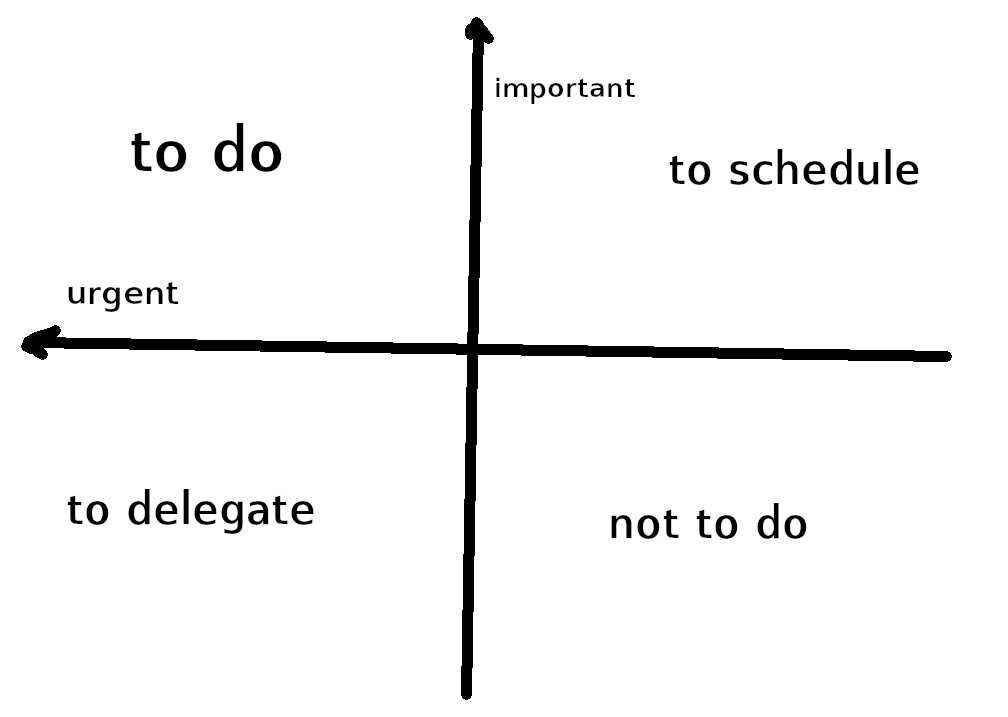Extract from:
Creating a Life Together Practical Tools to Grow Ecovillages and Intentional Communities – Diana Leaves
1. Identify your community vision and create vision documents
2. Choose a fair, participatory decision-making process appropriate for your group. And if you choose consensus, get trained in it.
3. Make clear agreements — in writing. (This includes choosing an appropriate legal entity for owning land together)
4. Learn good communication and group process skills. Make clear communication and resolving conflicts a priority.
5. In choosing cofounders and new members, select for emotional maturity.
6. Learn the head skills and heart skills you need to know.
Community founders must cultivate both heart skills and head skills.. This means learning how to make fair, participatory group decisions; how to speak from the heart; how to face conflict when it arises and deal with it constructively; and how to make cooperative decisions and craft fair agreements. It means learning how to create budgets, timelines, and strategic plans; and how to evaluate legal entities for land ownership or business or educational activities. It means learning the real estate market in your desired area,local zoning regulations, and, if needed, how to secure loans with reasonable terms. It means learning how to structure healthy and affordable internal community finances. It means learning about site planning and land development. It means doing all this with a sense of connection and shared adventure. Plunging into the land-search process or trying to raise money without first understanding these interrelated areas is a sure invitation to trouble.
Community founders tend to be specialists, but in fact they must be generalists. I’ve seen founders with spiritual ideals and compelling visions flounder and sink because they have no idea how to conduct a land search or negotiate a bank loan. I’ve seen founders with plenty of technical or business savvy — folks able to build a nifty composting toilet or craft a solid strategic plan — who didn’t know the first thing about how to speak honestly and from the heart to another human being. And I’ve seen sensitive spiritual folks as well as type-A “get-the-job-done” folks crash and burn the first time they encountered any real conflict.


